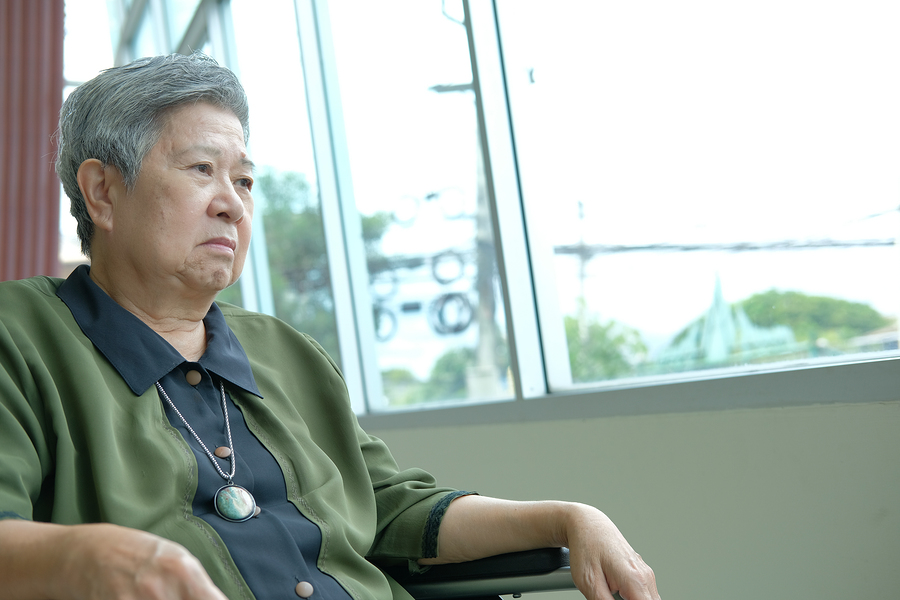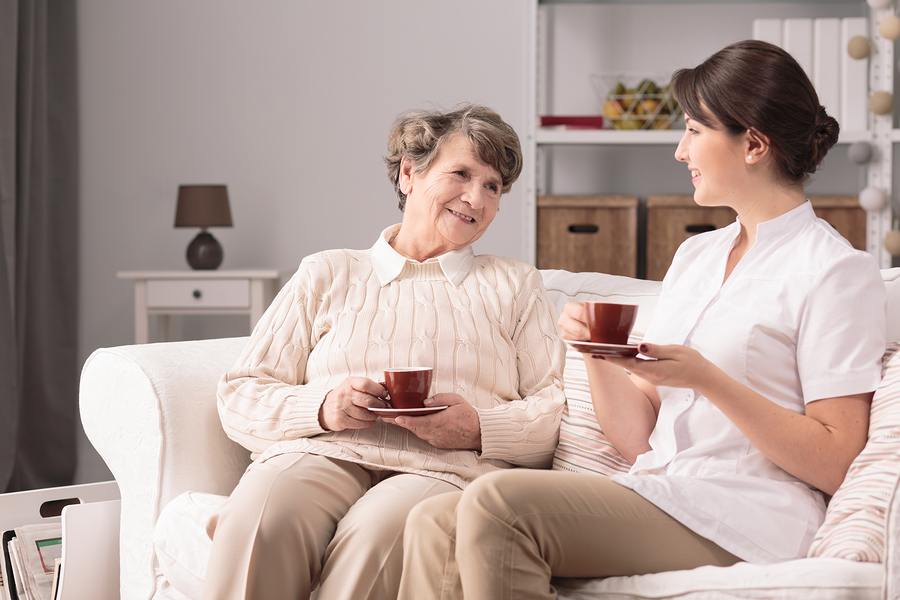When your elderly mom chooses to age in place alone, you may worry about the potential for loneliness, depression, and about her overall quality of life. This can be a challenging idea to accept, but if you’re worried about your mom or dad, you should talk to them about hiring companion care at home. These are professionals who can not only provide much-needed companionship, but they can help your loved one with daily chores and boost their quality of life. They may even help keep an eye on things like sadness and depression. So, what are some signs that your elderly mom is depressed? Here are some things to look for.
Sadness and Anxiousness
Here is the thing: your loved one can have brief feelings of sadness or bouts of anxiousness, and it may not be depression. However, if your loved one is experiencing sadness for weeks on end or even months, it can be a sign that something is deeply wrong. If your loved one has only been sad for a week, it may not be anything to worry about, but it is something to watch. If you are not always with your senior mom or can’t visit often, ask companion care at home to keep an eye on how sad your mom is. This will help you understand how long it’s been going on and whether it’s more than sadness.
Loss of Interest
Seniors should have hobbies no matter how old they are. Maybe it’s reading or journaling, painting, or going to museums. It doesn’t matter what they choose to do as long as they have something that makes them happy and something they look forward to doing. However, one of the biggest signs of depression is loss of interest in these activities. Your loved one may go out every week, and if they suddenly stop or hate the things they love, it can be a bad sign. Unfortunately, without living with your loved one, you may never know if they stop doing the things they love. This is something that companion care at home can help with.
Lack of Appetite
Your seniors should be eating regularly, and they should be eating a well-rounded diet. Your loved one should eat fresh food and vegetables and cook as much as possible at home. If your senior is lacking appetite or can’t seem to eat anything at all, this is another sign your senior mom is depressed. Companion care at home can help encourage healthy eating during a time when they may feel too sad to eat.
Less Sleep
One other big thing to look for is a change in sleeping. They may not be able to get to sleep because they are sad and anxious, or they may not be able to sleep for the same reasons. If your senior is lacking sleep, it can impact them in drastic ways, but it is also a sign of depression. Hopefully, by keeping a regular routine, they will be able to sleep well, but if it suddenly changes, it is time to encourage them to go to the doctor.
If you are considering companion care at home in Las Vegas, NV for an aging loved one, please contact the caring staff at Golden Heart Senior Care of Summerlin. 702-800-4616.







